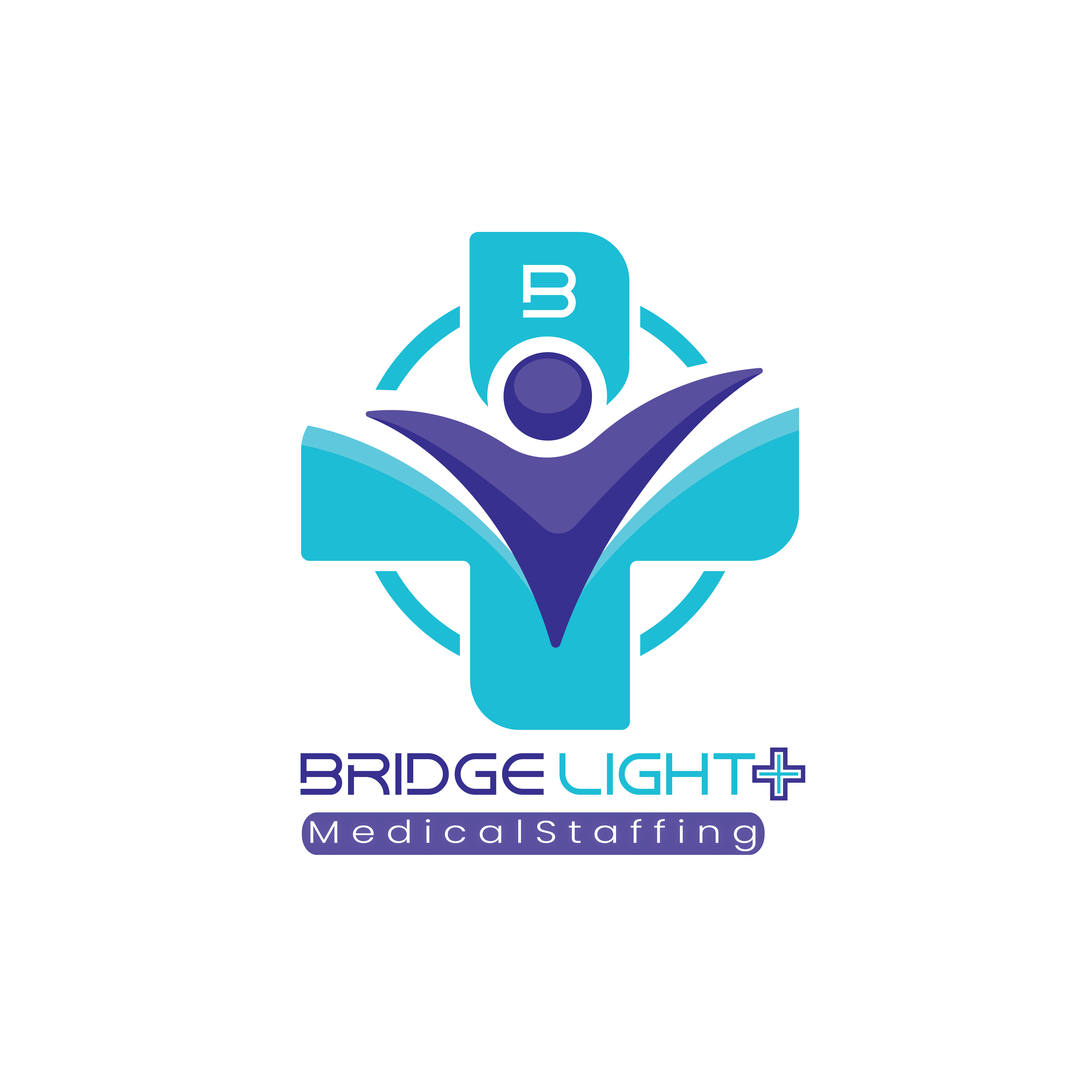The Coronavirus pandemic is quickly spreading across the United Kingdom. Due to this, we have postponed our face to face training courses until further notice. The health and well-being of our nurses is our top priority and we want to minimise the risk of spreading the virus further.
However, times like these require us to adapt in order to keep moving, and we are proud to announce that we will now deliver our training using digital technology through ABLC at www.archersbridge.co.uk
Online and webinar-based training courses will be led by ABLC. Through these webinars, they will be able to deliver all mandatory theory training required for nurses to remain compliant. We are also looking at ways of delivering other training in this way.
During this time, we should stick together and ensure we do all we can to keep ourselves and each other safe.
Additional data on COVID-19
The primary symptoms of which we’re currently aware are:
– A high temperature (hot to the touch on your back or neck), and
– A relentless, dry, hacking cough
- Thoroughly wash your hands or rub them with alcohol gel for at least 20 seconds
- Remain 2 metres away from others
- Try not to touch your face
- Wear a mask in enclosed spaces
As of 27th September, UK government detailed more than 429,000 instances of the Coronavirus, bringing about 41,971 deaths.
For our medical attendants
If you are approached to care for a patient with either suspected or confirmed Coronavirus and haven’t got the full required PPE, we recommend you do not provide care until this is resolved.
In the event that you are approached, talk to the NMC about the issue promptly to guarantee that the necessary PPE is provided, and report back to your office contact at the soonest opportunity.
We would respectfully remind you that it is your responsibility to familiarise yourself with the strategies and methodology of the Trust to which you’ve been assigned before starting your work there. Remember that these will vary from Trust to Trust.
You should also stay up to date with the latest guidance concerning COVID-19 here:
https://www.gov.uk/government/collections/coronavirus-covid-19-list-of-guidance
For further training and information for healthcare professionals, please use the following link:
https://www.futurelearn.com/courses/covid19-novel-coronavirus

